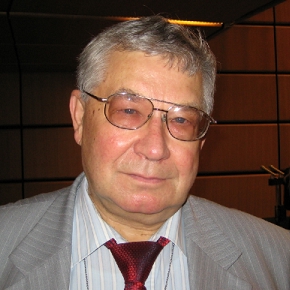 |
||
|
Fukushima Rice Exports Resume After 2011 Nuclear Meltdown RIA Novosti, PUBLISHED 05.09.2014 Japan will resume its rice exports from the Fukushima Prefecture area, announcing its first export since the 2011 nuclear accident, the National Federation of Agricultural Cooperative Associations said. “We will check the rice thoroughly in Fukushima before shipping it overseas, and then the bags will undergo another check in Singapore,” a spokesman for the federation, Zen-noh told Japan Real Time Tuesday. Japan’s Fukushima Daiichi nuclear accident is considered the largest nuclear accident since Chernobyl, involving Tokyo Electric Power Co.’s Fukushima No. 1 atomic plant failure which resulted in a meltdown of three of the plant’s six nuclear reactors. The plant was hit by a tsunami triggered by the Tohoku earthquake causing massive amounts of radioactive material to be released the following day. Topics: NPP Fukushima Daiichi Other news: The Agreement was signed on September 3, 2014 in Algeria. Rosatom Says Has Enough Uranium for a Century Rosatom is in the second place by Uranium reserves in the world. Ex-TEPCO Executives to Face Criminal Charges Over Fukushima Disaster The decision of the 11-member public panel concerns Tsunehisa Katsumata, chairman of TEPCO at the time of the disaster, and two former vice presidents – Sakae Muto and Ichiro Takekuro. |
Hero of the day 
The ISTC Responsible Science Program and Subprogram Culture of Nuclear Nonproliferation The dual-use nature of nuclear technology consisting in the potential for its application equally in peaceful and military sphere is the basic contradiction for the existing nuclear nonproliferation regime and comprehensive development of the nuclear power and nuclear fuel cycle. INTERVIEW
Jerry Hopwood OPINION
Joint Plan of Action |

